Low Carbon Cities
Low Carbon Cities is a sustainable urbanization approach that centers on combating climate change and curtailing the anthropogenic carbon footprint of cities.
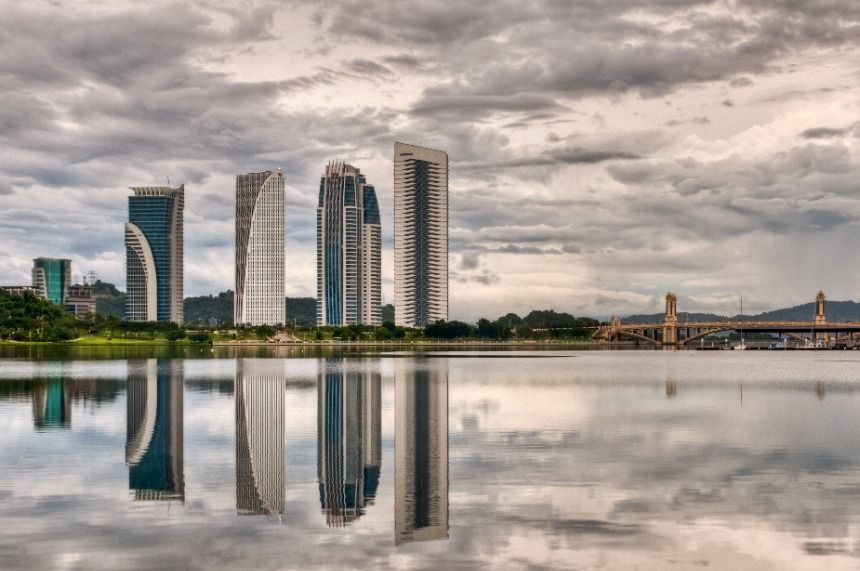
The Green Technology Application For The Development Of Low Carbon Cities (GTALCC) project, a collaboration between the Ministry of Environment and Water, UNDP and the Sustainable Energy Development Authority aspires to transform the way cities plan and develop so as to promote the application of green low carbon technologies and mobilise cities to fully contribute to the national low carbon development agenda.
1. Digital tools for tracking and reducing emissions
Online City Level Greenhouse Gas Emissions Reporting System
This online accounting system which is currently being developed functions for cities to track and report GHG emissions and will be used as a decision-making tool at the national and sub-national levels. Emissions will be represented in a visual way on a dashboard and the public can learn about the emissions profile of Malaysian cities.
Online Monitoring System installation for 7 buildings within the administrative boundary of Melaka’s Majlis Perbandaran Hang Tuah Jaya (MPHTJ)
The online monitoring of energy usage of the buildings allow the building managers to identify non-energy efficient performance of the building’s various facilities. In the long run, the buildings would be more efficient which would result in lower carbon footprints.
Petaling Jaya City Council's Green Rebate Scheme App
Since the Green Rebate Scheme was implemented in 2011, the submission by residents and evaluation by local council officers have been carried out manually. With the app, application for rebates can be submitted online and evaluators can approve applications faster. Users can track individual carbon footprints and GHG reductions. Information received for this year onwards will be readily consolidated and analysed for environmental impact of energy, water, waste, transportation and biodiversity.
2. Urban mobility
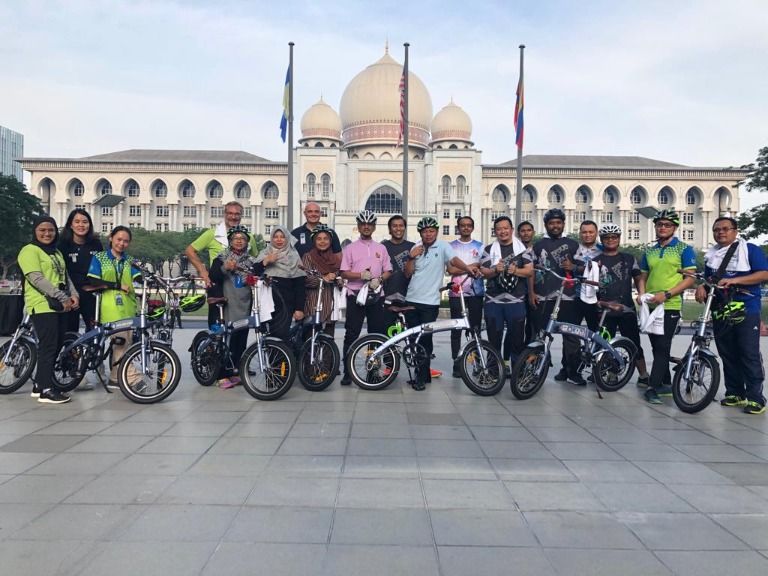
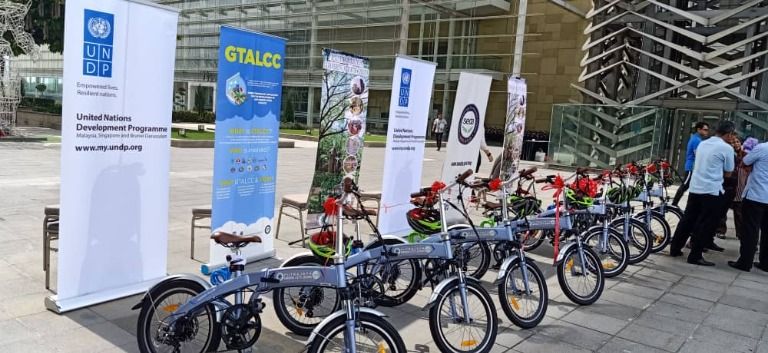
E-Bicycle Programme for Putrajaya and Cyberjaya
The GTALCC project rolled out 12 electric bicycles to be used for local councils in 2 cities (Putrajaya and Cyberjaya) as part of an office shared bike scheme. This "lead by example" program aims to reduce trips taken by cars and motorcycles for short distances or patrol duties; and to address the lack of bike-sharing services in the cities and under utilised bicycle lanes during weekdays. These E-bicycles are pedal assisted bicycles, where the rechargeable electric battery inside the bicycle helps push the bicycle while the cyclists’ pedals resulting in less fatigue and better distances gained in Malaysia’s tropical climate. In addition, these e-bicycles are fitted with GPS tracking for the GTALCC project team to monitor and measure the GHG emission reductions from the bicycle usage.
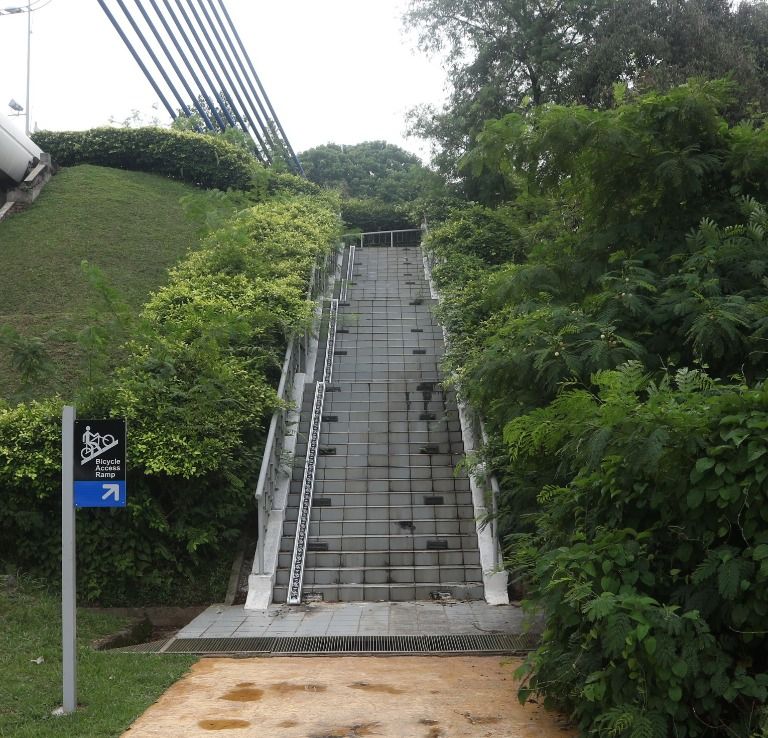
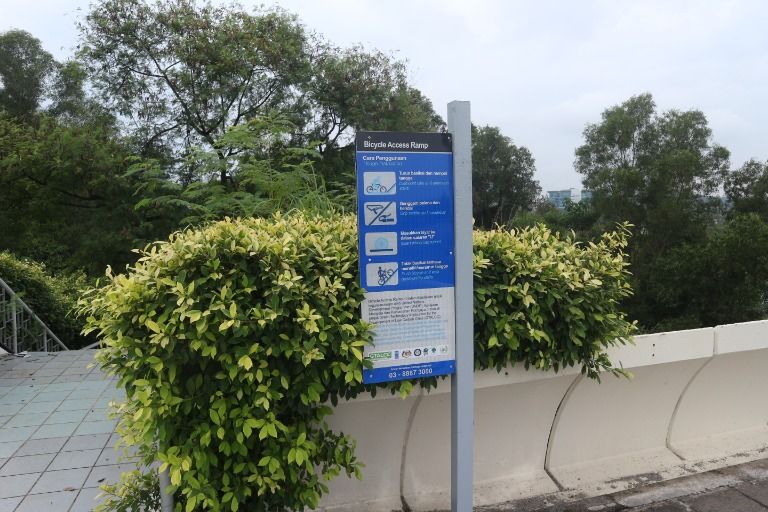
Bicycle access ramps have been installed at the stairways of 2 bridges crossing the Putrajaya lake, providing safe, efficient and easy access for cyclists and their bikes up and down stairways, and connecting the promenade and housing areas along the lake to Putrajaya Central Business District (CBD). The bicycle access ramps show that simple solutions and infrastructure can facilitate more people to cycle to work from the residential areas and nearby Cyberjaya.
3. Energy solutions
Solar PV for Urban Spaces Proof-of-Concepts
Feasibility studies have been carried out for 3 solar PV proof-of-concepts, to test out innovative approaches to utilize urban spaces such as public car parks and walkways for the installation of PV systems to generate power for self-consumption or supply to neighbouring buildings, while providing shading and shelter.
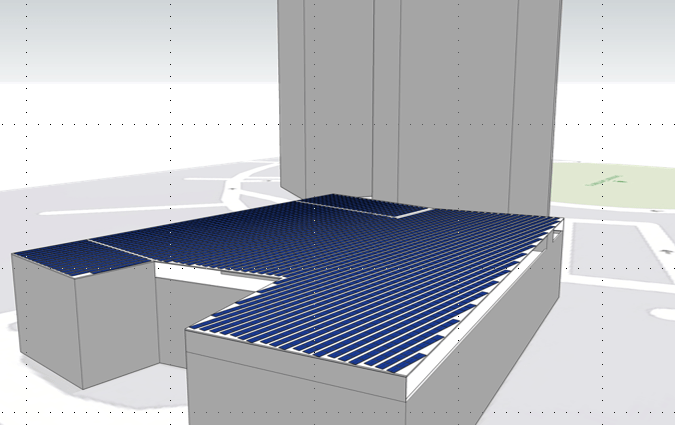
Photo: Concept visuals of proposed Solar PV Panel cover on the rooftop of multi-storey parking building.
Meet the solution owner
